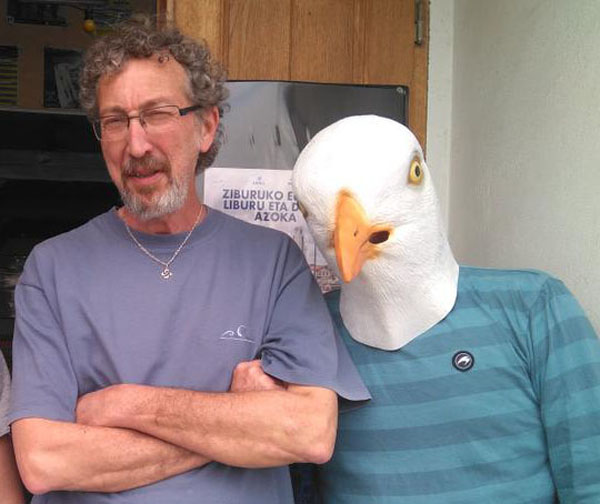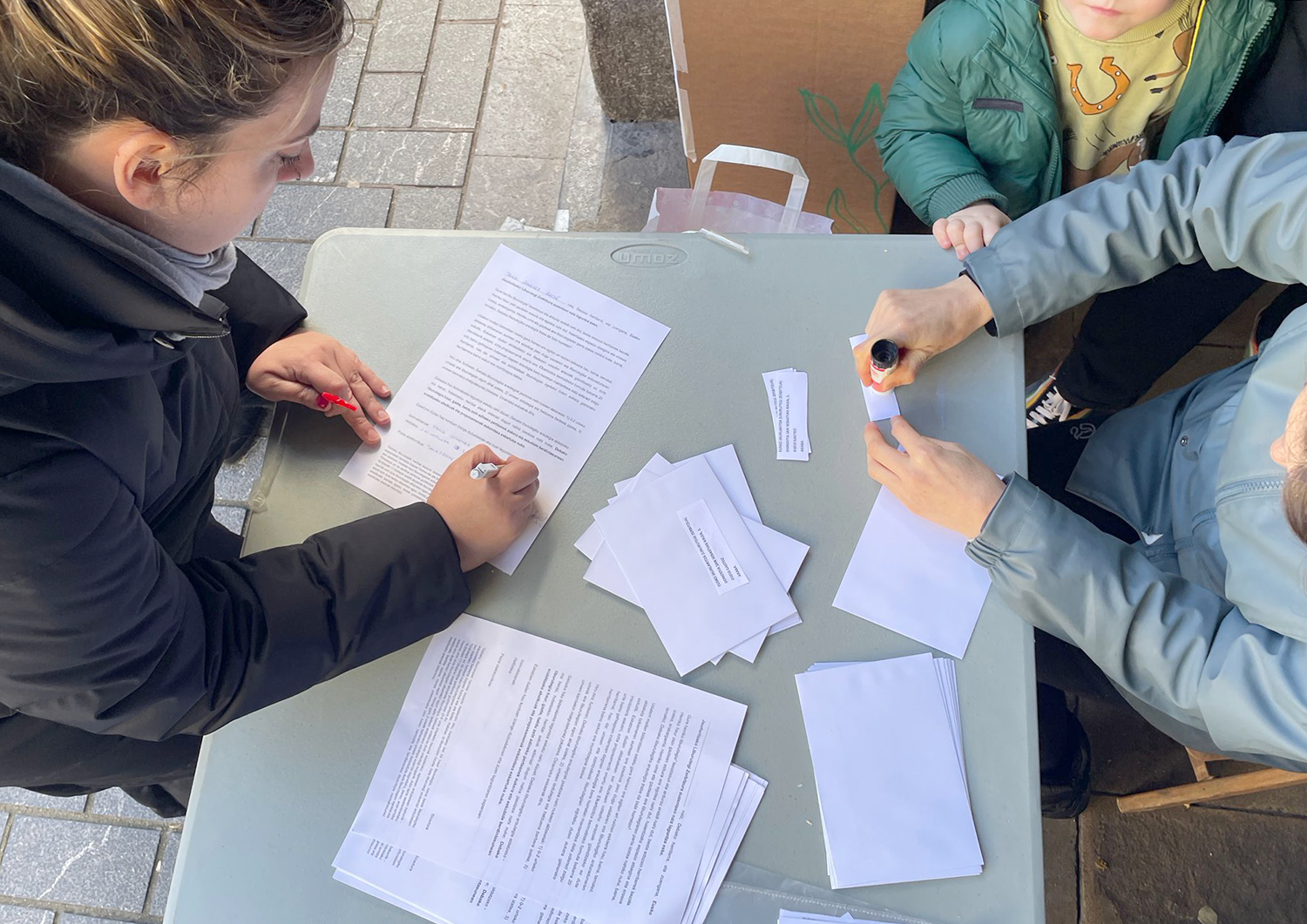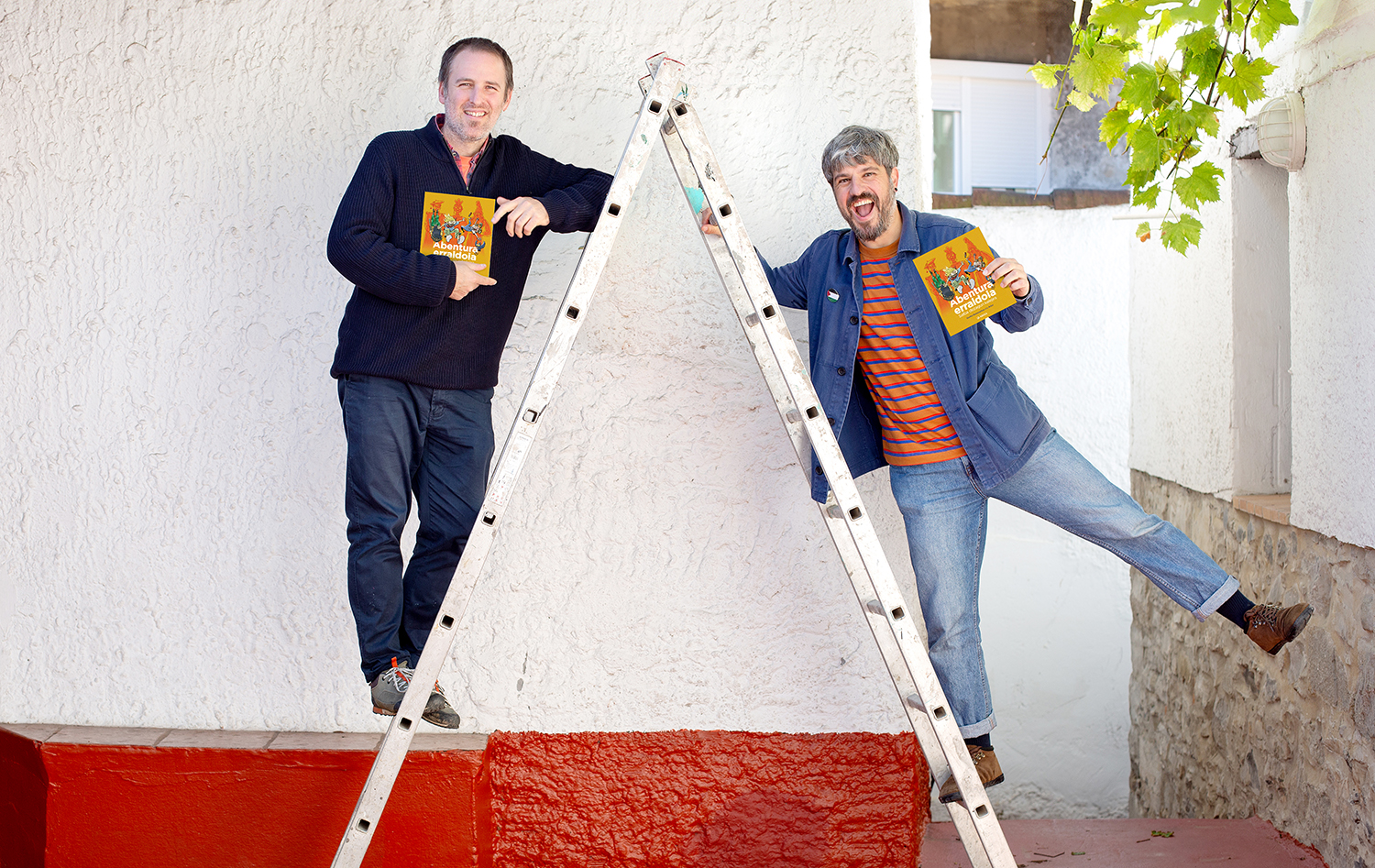Discoloration exercise
.jpg)
It's a regular debate if you can write about an oppression that you haven't experienced, being in a privileged position. Can men talk about the experience of women? Heterosexuals about lesbians and gays? Whites about racialized? On the one hand, listening to the voice of those affected by discrimination and exclusion is the most enriching thing, but on the other hand, it is also a work to make a critical look at their position of power. The author escritor.Su,
Juliana Léveillé-Trudel, tells us about the Inuit community that lives in the Canadian Arctic. The last summer has spent there organizing and dynamizing activities for boys and girls, where you can see and rejoice what you have learned. It will share the experiences and reflections of a young French-speaking Canadian/Quebequesa White Woman, exterminated and exploited in a community.
On the cover we can find the title Nirliit: in the language ‘antzara’ inuktitut and metaphor of the protagonist, which in summer goes north and in winter to the south. As for the surface image, we find the ‘bisutsa’, the dense snow that hides the wind, a climatically very cold and hard zone, that dwells in the tundra north of the forest boundary, where the dazzling luminosity and the dark pálida.El protagonist speaks to his friend
Eva and Eva’s son, Elijah, who have been killed and removed. Through these monologues, he gives us an X-ray of a people that, from his point of view, has nothing to do with Conrad's orientalist Africa or with Foster's exotic India. As the narrator says: “I feel guilty to my rich country, to my united family, to my training. I feel the need to shut down the fires, to save the children, to do something
in this corrupt world.” It shows the Canadian colonization of Europeans, how nomadic hunters became sedentary and dependent. They live a day to day with a lot of violence, which also appears in the press of recent times: according to the study on dead indigenous women, there has been a ‘racial genocide’, and in many boarding schools managed by institutions and intended to discriminate and discipline their culture, hundreds of indigenous boys and girls are finding dead bodies.
Party and recreation. Oral History of Rock Radical Vasco
Javier 'Jerry' Corral
Books, 2025
------------------------------------------------
Javier Corral ‘Jerry’ was a student of the first Journalism Promotion of the UPV, along with many other well-known names who have... [+]






















